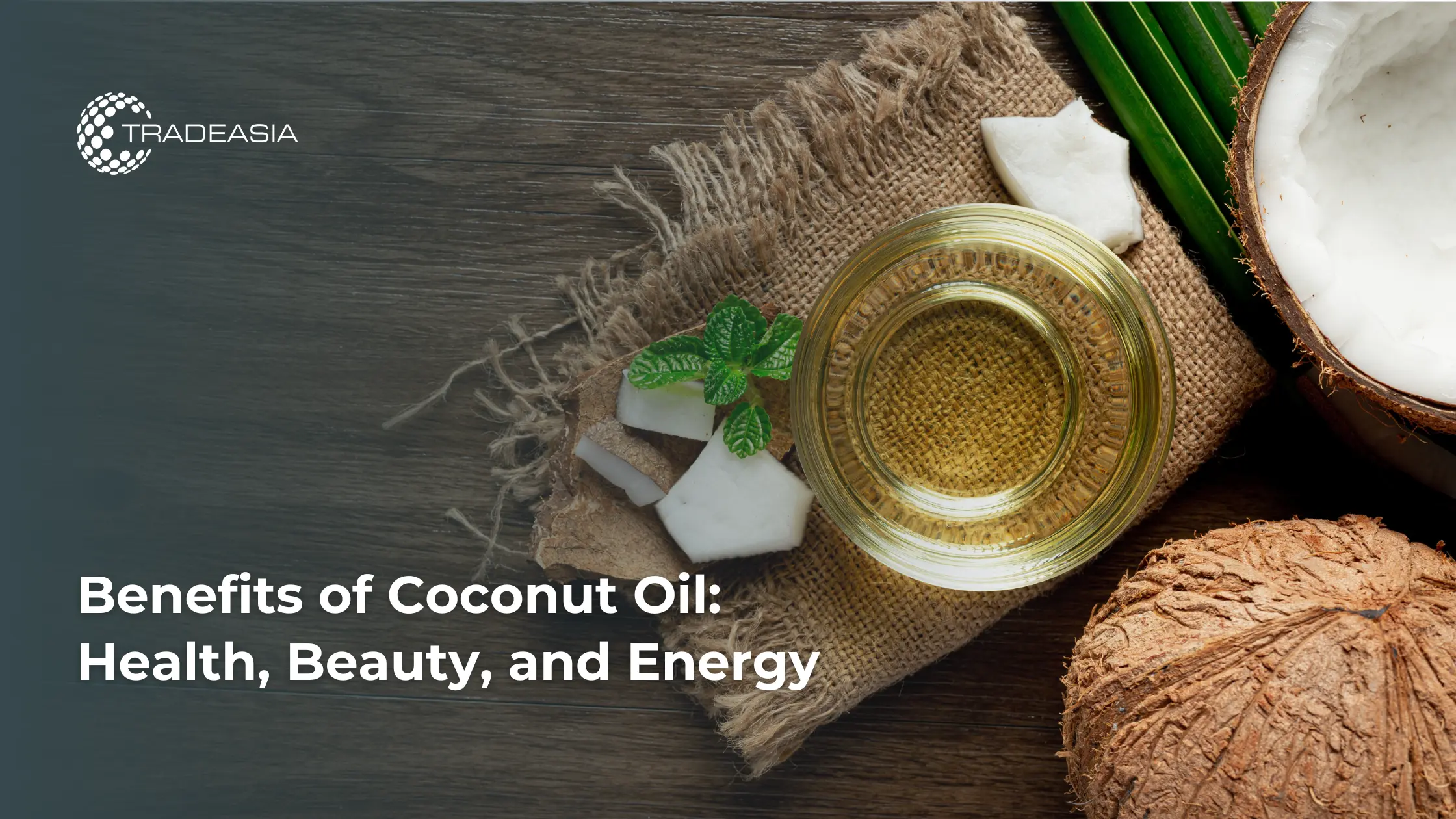Why Replace Coconut Oil in Food Manufacturing
Coconut oil has long been favored for its unique texture, flavor, and oxidative stability. However, many food manufacturers are now seeking alternatives due to price fluctuations, supply chain constraints, and consumer dietary preferences. Additionally, the high saturated fat content in coconut oil has drawn scrutiny from health-conscious brands looking to reformulate products with healthier profiles.
In global markets, demand for coconut oil surged during the plant-based boom, but supply has struggled to keep pace, especially with climate events impacting tropical harvests. As a result, food producers are exploring alternative fats and oils that can match or even outperform coconut oil in specific applications such as baking, frying, and emulsification.
According to data from the International Food Information Council (IFIC), over 58% of consumers globally are actively avoiding saturated fats when reading food labels. This trend creates strong commercial motivation to pivot to healthier oils with unsaturated fat content and maintain product appeal.
Healthier Alternatives to Coconut Oil
One of the most popular coconut oil substitutes is sunflower oil. It is high in unsaturated fats, has a light flavor, and works well in sautéing and baking applications. Canola oil is another contender, known for its mild flavor and omega-3 content, making it ideal for health-oriented formulations in processed foods or sauces.
For vegan and clean-label markets, avocado oil and olive oil are gaining traction. While these may carry a higher cost, their rich nutrient profiles and association with heart health are seen as strong marketing assets in premium segments. They also offer excellent heat stability and can often replicate the moisture-retention of coconut oil in baked goods.
Importantly, these substitutes don’t compromise on nutritional value. According to Harvard Health, replacing saturated fats with monounsaturated or polyunsaturated fats may lower the risk of cardiovascular disease. Thus, from a product development perspective, these oils help align with public health goals and consumer expectations.
Functional Substitutes for Coconut Oil in Baking
In baking, the solid-at-room-temperature texture of coconut oil plays a key role. To match this functionality, palm oil, hydrogenated soybean oil, or shea butter are used. Palm oil in particular offers similar melting behavior and aeration properties, making it suitable for cookies, cakes, and spreads.
Shea butter, a lesser-known alternative, is prized for its creamy consistency and neutral taste. It has shown great potential in pastry products, chocolates, and plant-based dairy alternatives. Its stable fat composition also provides good shelf life and texture enhancement, particularly in frozen desserts or creamy fillings.
For industrial-scale bakery applications, fractionated fats and customized shortening blends offer consistent performance and processability. These are tailored to match the plasticity and thermal behavior of coconut oil, allowing seamless integration into existing production lines without sacrificing product integrity.
Industrial Considerations: Shelf Life, Cost, and Supply
Beyond nutrition and function, food manufacturers must also consider shelf life, logistics, and ingredient costs. Coconut oil’s stability makes it a favorite for long shelf-life products—but alternatives like refined palm oil and stabilized vegetable shortenings can offer similar benefits, sometimes at lower cost and higher availability.
In regions with volatile coconut oil pricing, switching to more regionally abundant oils (like soybean oil in the Americas or palm oil in Asia) helps reduce dependency and maintain margin consistency. According to the USDA, the price of coconut oil can be up to 60% higher than that of palm oil on average, depending on global yields【5】.
Food grade oils and fats must also meet oxidative stability and labeling requirements. Using substitutes that are GRAS (Generally Recognized As Safe), allergen-free, and widely accepted in regulatory frameworks like FDA, EFSA, or ASEAN Codex ensures compliance across markets.
Choosing the Right Supplier for Coconut Oil Alternatives
Partnering with the right ingredient supplier is essential when reformulating away from coconut oil. Look for suppliers who offer consistency, customization, and certifications such as RSPO (for sustainable palm oil), Non-GMO, or organic labels. A reliable supplier can also provide technical support during reformulation.
At foodadditivesasia.com, we help food manufacturers source cost-efficient, health-friendly substitutes for coconut oil, tailored for baking, frying, confectionery, or processed foods. Our global network ensures that your ingredients meet not only quality standards but also timeline and budget requirements.
With growing consumer demand for transparency and cleaner labels, now is the perfect time to explore functional coconut oil substitutes that align with both your brand values and operational needs. Whether you need large-batch oil supply or sample-scale formulation support, we’ve got you covered.
Conclusion – Why Coconut Oil Substitutes Matter
Choosing the right coconut oil substitute is not just about replacing an ingredient—it’s about aligning your product with evolving consumer values and operational efficiency. Whether you’re creating baked goods, dairy-free spreads, or packaged snacks, the oil you choose can affect everything from taste and texture to nutrition and shelf stability. This is why many manufacturers are making the switch to alternatives that offer both functional and commercial advantages.
From health-conscious buyers avoiding saturated fats to environmentally aware consumers demanding sustainable sourcing, coconut oil substitutes help brands stay relevant in competitive markets. Functional oils like palm, canola, or shea not only meet technical specifications but also offer flexibility in formulation—especially for products that require thermal stability or solid fat content. Integrating these substitutes can be a strategic advantage in product development.
Ultimately, the decision to move away from coconut oil should be driven by a combination of health trends, cost-efficiency, supply chain resilience, and consumer trust. With the right supplier and formulation support, food manufacturers can confidently innovate while keeping pace with demand. Partnering with an experienced distributor like FoodAdditivesAsia.com ensures a smooth transition to better oil options for long-term growth and product success.

Leave a Comment